In February 2020, in the midst of lockdown, far from the university lecture halls and offices, I began to think about what would happen to the city of Venice in the near future. Although it has always been an icon of beauty and an example of environmental, social, commercial and technological innovation, the historic centre of Venice concentrates many sustainability problems in a limited space – afive-square-kilometre centre inhabited by around 50,000 people – and suffers from the effects of climate change, with the growing risk of losing some of its greatest masterpieces.
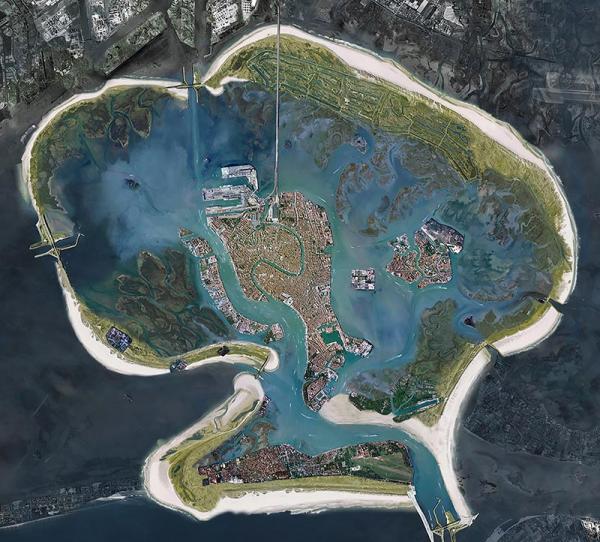
The Covid-19 pandemic has exposed the city to a further difficulty, relating to its dependence on an economy based on mass tourism.
From this awareness, the VeniSIA project – Venice Sustainability Accelerator – was set up within Ca’ Foscari University in Venice. It takes the form of an innovation accelerator for sustainability based in Venice, oriented to the development of entrepreneurial ideas and technological solutions to face climate change and other environmental challenges. Thanks to its symbolic significance and its unique yet fragile ecosystem, Venice can indeed be the cradle of a new business-led renaissance, capable of combining environmental, social andeconomic innovation.
Tradition in this context plays a fundamental role as a source of inspiration to build a new image for the city, transforming it into a reference point for young talents, start-uppers and managers from all over the world; permanent residents who will be able to create an international community of innovators, repopulating Venice to make it the first 100% sustainable city, “the oldest city of the future”.
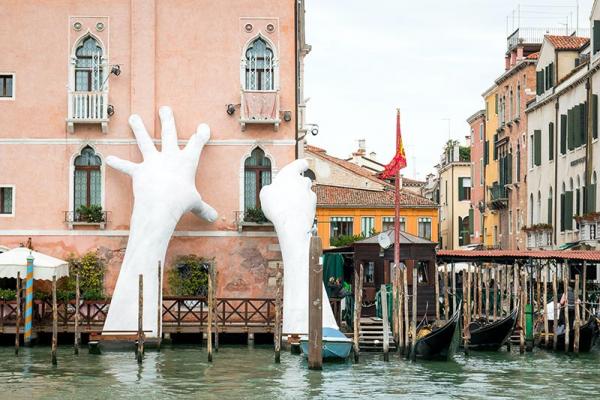
The ultimate ambition of VeniSIA, in fact, is not to make an accelerator in Venice, but to make Venice itself an accelerator: when the accelerator will be fully operational, it is expected to create an international network of 10,000 remote workers around the city and attract at least 500 new entrepreneurs and start-uppers living and working inVenice. But not only start-uppers, for established companies including Crafted, Zero and URBNX have also responded to the call, setting up base in the historic centre of Venice.
VeniSIA is one of the pillars of a wider programme that aims to make Venice the world capital of sustainability. The initiative is supported by Eni, of which it is the main partner, through Joule, its business school, as well as by its partners Enel and Snam, and is sponsored by the Veneto Region and the Municipality of Venice, as well as by IUAV and Venice International University, Unioncamere Veneto and the
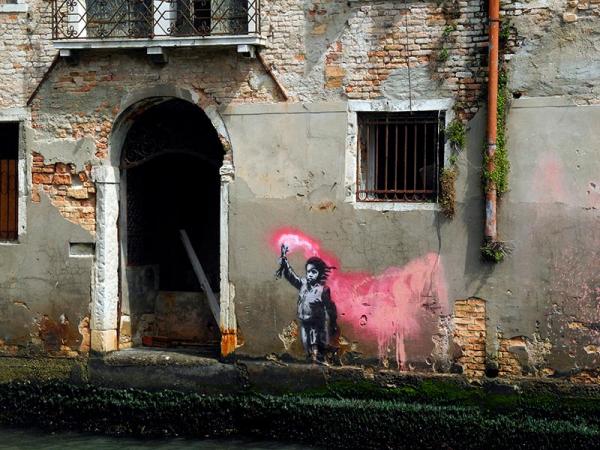
Chamber of Commerce of Venice and Rovigo, with the strategic support of The Boston Consulting Group, the technological support of Microsoft Italia, the communications support of M&C Saatchi Italia, TGR and Rai Radio 1, and theoperational support of Fondazione Università Ca’ Foscari. The functional collaboration and cultural fusion between institutions and organisations, both local and international, can generate the best conditions for the birth of new ideas and projects focused on sustainability. In this sense, Venice is able to transform itself into a living lab for testing sustainability solutions that can then be scaled up globally.
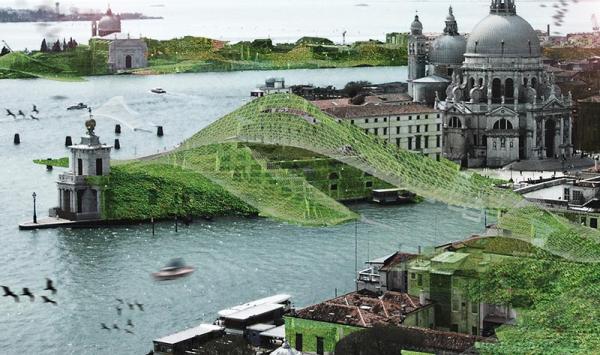
The first call for ideas was launched in June and resulted in the scouting of more than 1,500 projects from twenty-eight countries around the world, of which thirtywere selected to participate in VeniSIA’s acceleration programme. Divided into three phases, the programme involved internships for master’s students from Ca’ Foscari and mentorships for Italian and foreign professionals supporting start-ups. The results of the first acceleration phase were illustrated to the 2,200 companies that attended the last edition of SIF – Strategy Innovation Forum – the only Italian think tank dedicated to strategic innovation, with the official presentation of the eleven start-ups selected for the semi-final acceleration phase. Of these, three will be launched on the market by December 2021 and will receive a prize worth EUR 20,000.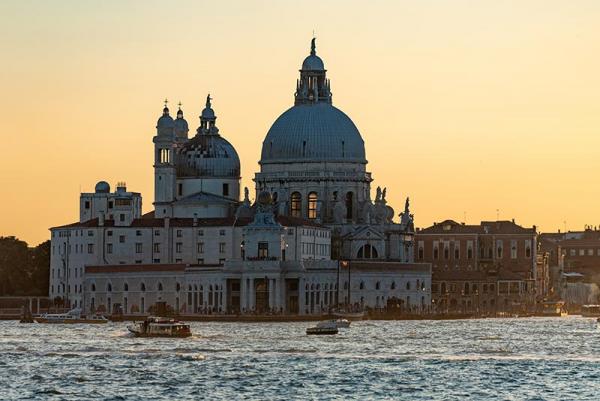 VeniSIA is an accelerator for sustainability, but not only: as part of the inaugural event of the Italian Pavilion at Expo Dubai 2020, it is already projected into the f
VeniSIA is an accelerator for sustainability, but not only: as part of the inaugural event of the Italian Pavilion at Expo Dubai 2020, it is already projected into the f
uture, with a series of interventions focusing on the themes of tourism and biofoundries, which envisage the integration of the digital sector with the sector of synthetic biology. A personalised tourist offer and the transition to a generative economy, which enables the production of textiles, plastics and meat from microorganisms, are the main challenges facing Venice. Underpinning these solutions is an approach to business innovation based on Deep Tech and Nature Co-Design, which relies on the convergence of different disciplines and technology clusters in order to find creative solutions to the problems of greatest impact.
Because, as Herb Caen has said, “a city is not gauged by its length and width, but by the breadth of its vision and the height of its dreams”.
A full professor at the Department of Management of Ca’ Foscari University Venice, Carlo Bagnoli is director of the Ca’ Foscari Challenge School of Management and founder and scientific director of SIM - Strategy Innovation Master. He is the founder of the spin-off Strategy Innovation Srl and VeniSIA.
